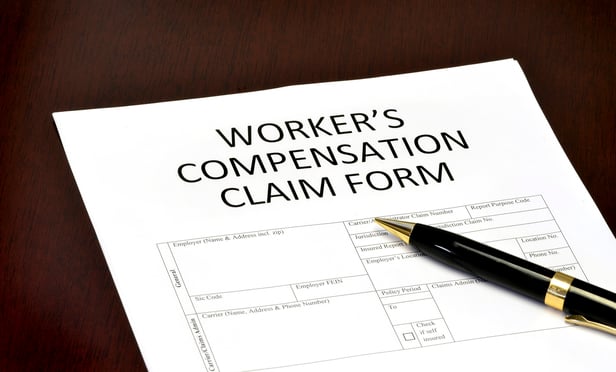Beginning with the original Gardner decision back in 2003, one of the sections of the Workers’ Compensation Act most subject to appellate court review has been Section 306(a.2), dealing with impairment rating evaluations (IREs). An IRE is used by the insurance carrier to convert the status of a claimant’s benefits from total to partial in nature, without changing the amount of compensation paid, should the IRE demonstrate that an injured worker’s “whole person impairment” is less than 50 percent, according to the latest edition of the American Medical Association’s “Guides to the Evaluation of Permanent Impairment.”
Given that the IRE is used to put a cap on the employer’s exposure for indemnity benefits and nearly every successfully completed IRE results in an impairment rating of less than 50 percent, the focus for claimant’s practitioners has often been on ensuring the IRE is invalid for other reasons. The aforementioned Gardner v. Workers’ Compensation Appeal Board (Genesis Health Ventures), 585 Pa. 366, 888 A.2d 758 (2005), decision, which was eventually decided by the state Supreme Court in 2005, dealt with an employer’s failure to timely avail itself of the automatic conversion from total to partial provided for in Section 306(a.2). Then, the Supreme Court’s 2010 decision in Diehl v. WCAB (I.A. Construction), 607 Pa. 254, 5 A.3d 230 (2010), which further defined ambiguous elements of Gardner, found that if an IRE is requested outside of the applicable 60-day period, the employer must prove the validity of the impairment rating through competent evidence. For all the drama created by the two cases, spanning nearly a decade, the final result did not afford injured workers much protection.
This content has been archived. It is available through our partners, LexisNexis® and Bloomberg Law.
To view this content, please continue to their sites.
Not a Lexis Subscriber?
Subscribe Now
Not a Bloomberg Law Subscriber?
Subscribe Now
LexisNexis® and Bloomberg Law are third party online distributors of the broad collection of current and archived versions of ALM's legal news publications. LexisNexis® and Bloomberg Law customers are able to access and use ALM's content, including content from the National Law Journal, The American Lawyer, Legaltech News, The New York Law Journal, and Corporate Counsel, as well as other sources of legal information.
For questions call 1-877-256-2472 or contact us at [email protected]



